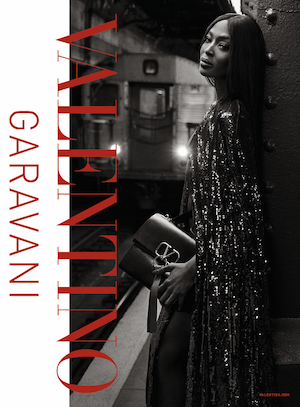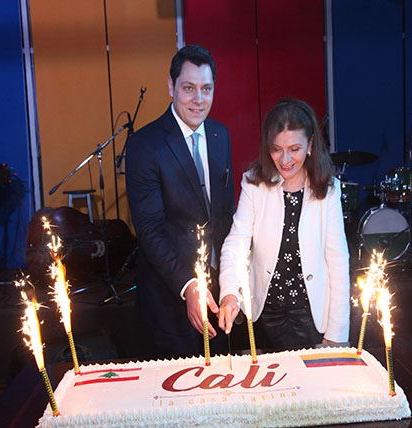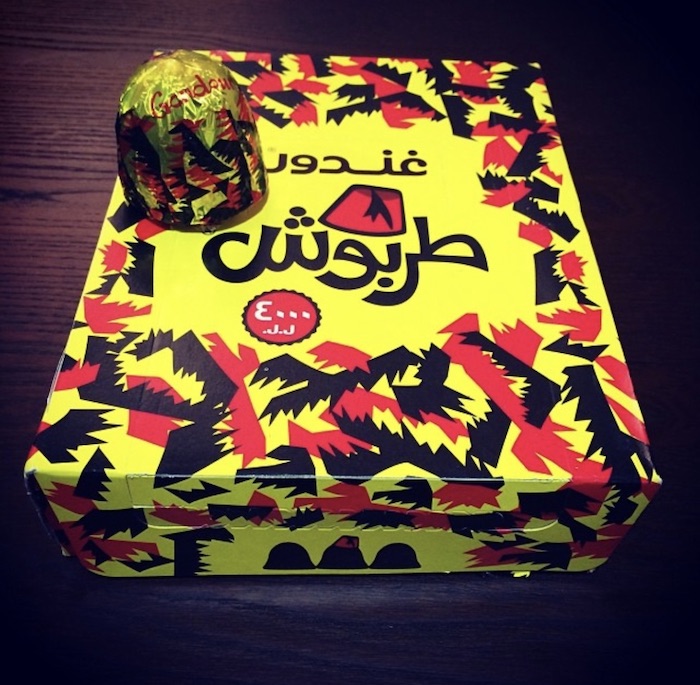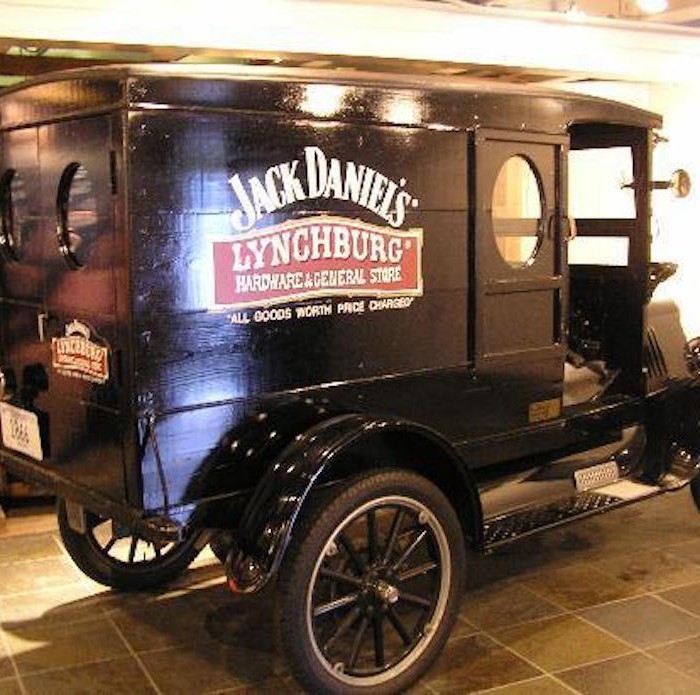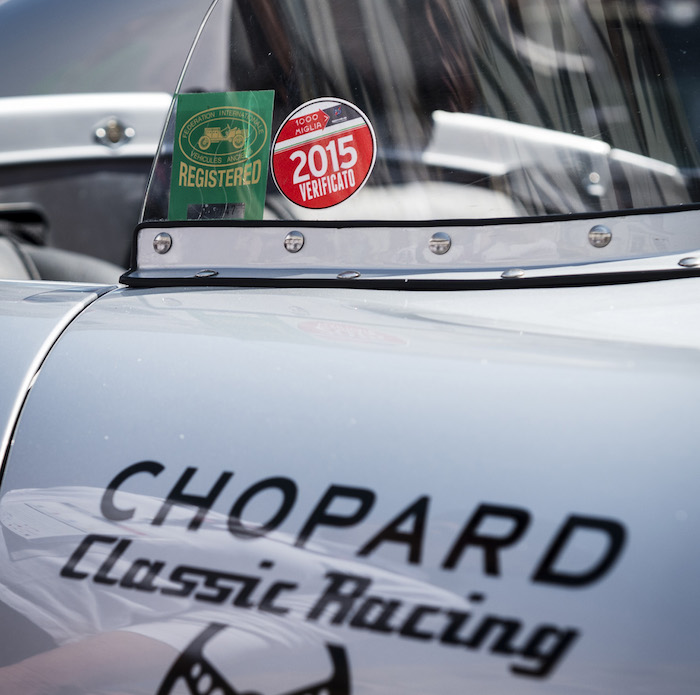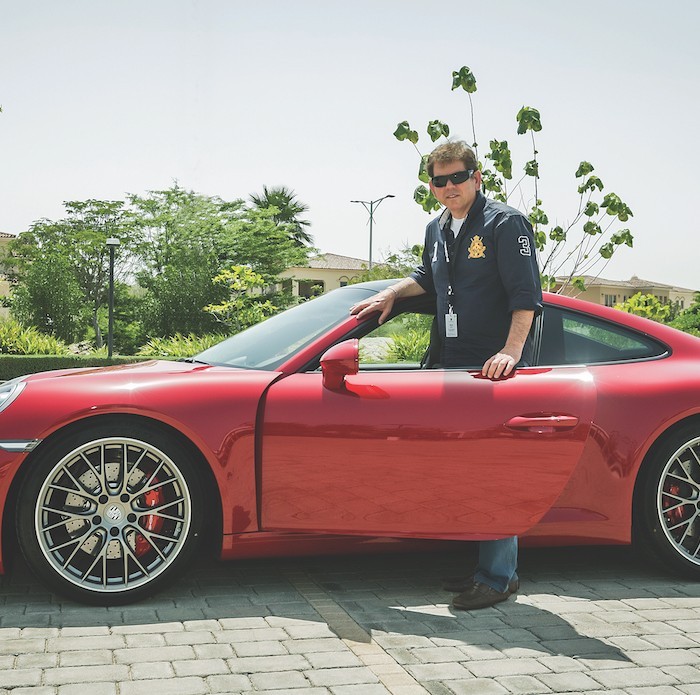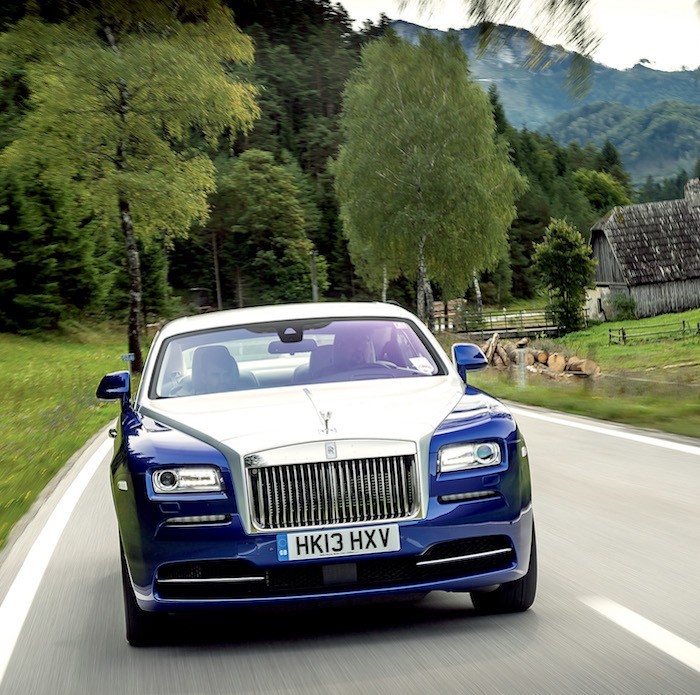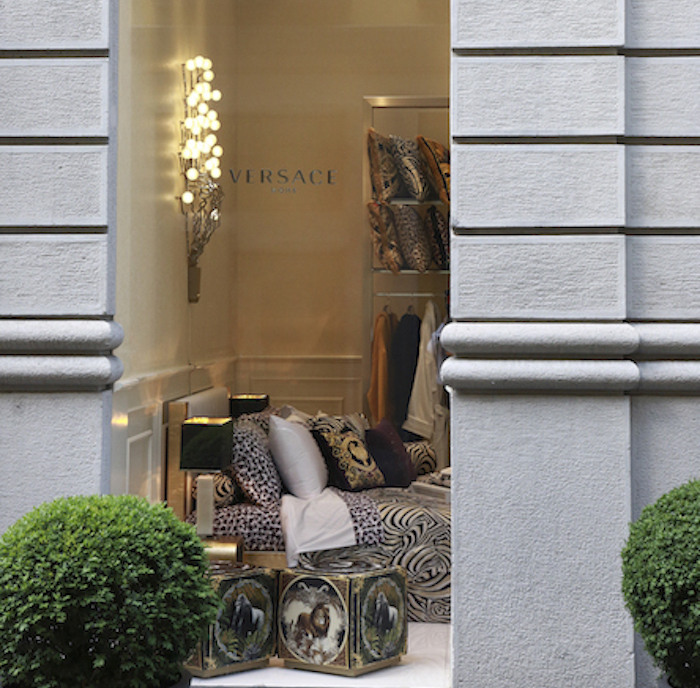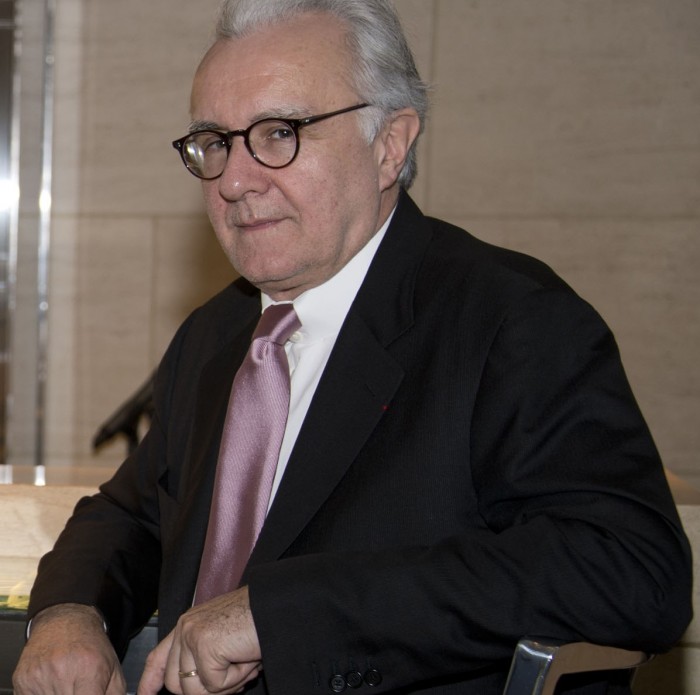Lifestyle
Gandour: Next stop… China
June 06, 2003
It’s nothing out of the ordinary to pick up a product in a Beirut store and find a label on it that says “made in China”. It’s not so often, though, that you’ll find a product labeled “made in Lebanon” in China.
Gandour, a major producer and distributor of chocolate, confectionaries, other food and beverages in the Middle East for more than 30 years, is presently carrying the Lebanese flag into China, Korea, Indonesia and the Philippines.
Since its establishment in 1857, Gandour has evolved from being a local manufacturer into a regional player with major plants in Saudi Arabia, Malaysia and Egypt.
How it all began
Omar Ghandour started the first factory at Souq Abu al-Nasr, an area in today’s downtown Beirut. “The factory mainly produced oriental sweets, and kept on expanding until it turned into an industrial entity around 1912,” said Ali Ghandour, the company’s present owner.
On a trip to Germany in 1936, Omar Ghandour’s grandson, Rafic Ghandour, discovered a wafer cone machine, which he later imported to Lebanon in large quantities to cater for local ice cream producers. Wafers became the foundation of Gandour’s renowned biscuit industry, which effectively began after World War II.
As was so often the case in Lebanon, war almost brought this business to a standstill, prompting Gandour to expand internationally. Between 1986 and 1989, two new factories were set up in Saudi Arabia. “A chewing gum plant went into production in 1986, and in 1989 we put up a plant that produced chocolate, biscuits, cakes and potato snack products,” said Ghandour.
In 1997, Gandour took its first steps into the Asian market. Malaysia was chosen as headquarters for the region, and operations began in 1999. Today, the factory in Malaysia caters to the Asia Pacific and Far East region, producing chocolate, cakes, biscuits and wafers. After the Malaysian plant came a new rice processing operation in Egypt. “Today, we are Egypt’s largest manufacturer of rice,” Ghandour enthused. “We sell it in three-packed versions, usually to large distributors.”
Gandour today
An ever-expanding company, Gandour has its main factory in Choueifat which boasts a large number of products including confectionary and bakery items, as well as other foods and beverages. Gandour also operates plants in eight other countries and distributes its products in more than 55 countries across the globe.
The Asian market is a highly competitive one, but for Gandour the secret lies in efficiency. “You have to be an efficient producer,” said Ghandour. “If you make your products in a cost-effective way, then you could export them and still compete on price. It’s also crucial to have products that meet consumer expectations. Generally speaking, part of being competitive is being close to your customers, and bringing products to them the surest, cheapest way.”
Although Gandour has expanded its product line to include oil, halawa, tahina, rice, food and beverages, confectionary is still king. “Confectionary is still our major division, and the one that we’re most famous for, at least in Lebanon,” said Ghandour. “The oils have also been a major business for us.”
And the future…
With confectionary and chocolate imports flooding the Lebanese market, Gandour has maintained a strong foothold, securing a substantial market share. According to figures from the Ministry of Economy, Lebanese exports of chocolate and other sweets total about $10,464,000. Being the largest confectionary producer in the region, Gandour has a significant piece of that pie.
Since the 1800s, Gandour has become a leader of Lebanese industry and has earned the trust and loyalty of millions of consumers. As Ghandour concluded, “What the future holds for us… we just have to get up every morning and do our best, try to think ahead and stay on top of the times.





